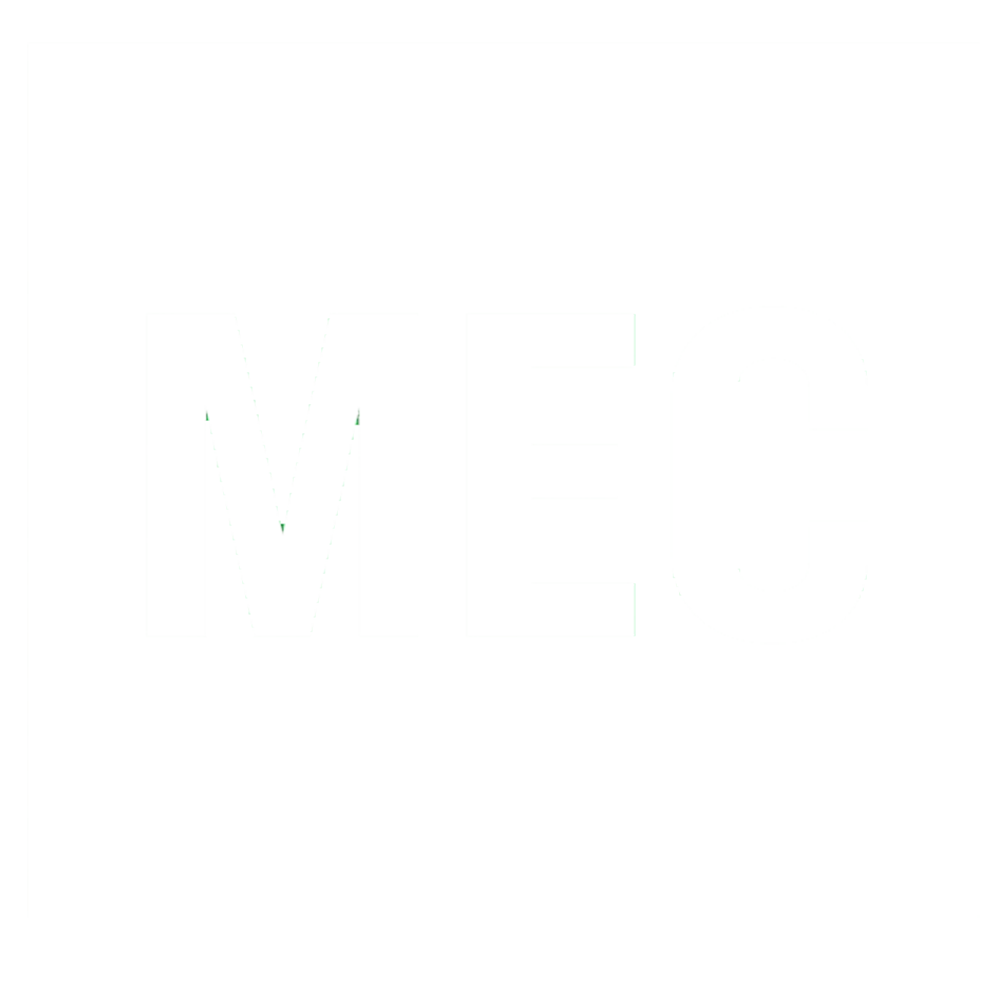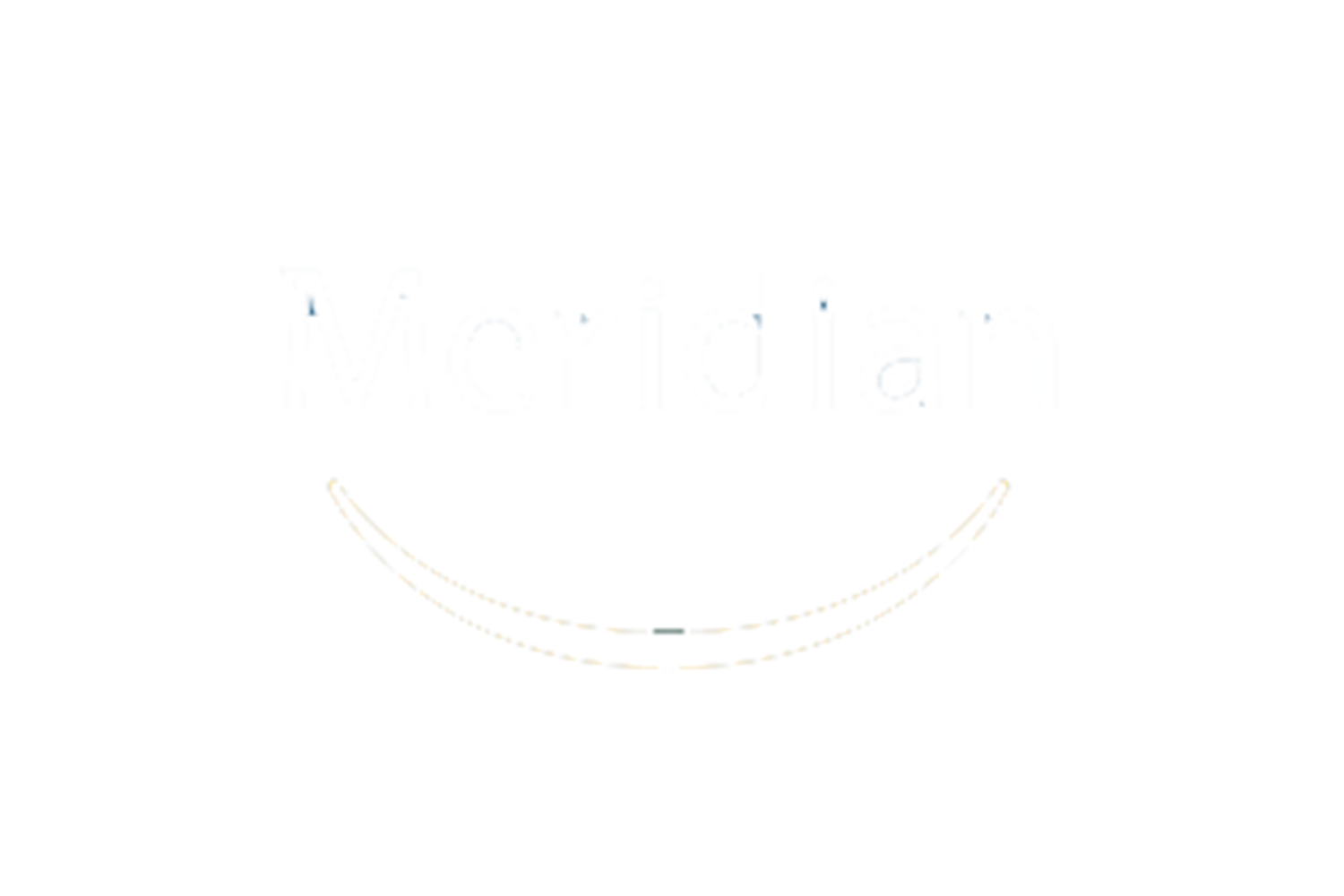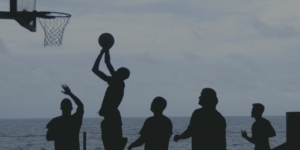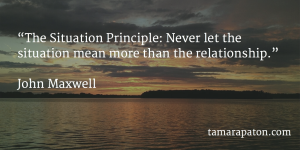

I had dinner recently with a friend who wants to pivot her career and start a new business. Despite our optimistic natures, the conversation dwelled on the obstacles ahead. Building a brand, establishing credibility, developing insight into the market, launching a product or service — plain and simple, it’s tough work.
All at once, my friend feels an urgency to overcome these obstacles and strong resistance to take the first step. Individual tasks are only slightly beyond her comfort zone, yet together they feel overwhelming.
In the past, we pursued success along with well-known paths from A to B. A career in law required academic excellence, high LSATs, and solid articling experience. Top-tier consultants ticked boxes in academics, leadership experience, and interpersonal skills. And CFOs married a CPA designation with a well-round head for business.
Today, the path to success is increasingly murky. The World Economic Forum predicts that 65% of children entering primary school today will work in jobs that don’t yet exist. If we have yet to create the jobs of the future, the path to prepare for one is even less clear. And even though board director roles already exist, their availability to younger, more diverse talent pools presents a new challenge.
How do we build board careers when the previous path to success doesn’t apply?
Make friends with failure
Academic institutions see the fear of failure as a significant limiting factor in today’s young adults. University administrators perceive the problem as so severe that they have developed campus-wide initiatives to destymatize setbacks and address “failure deprivation.” Yet according to Rachel Simmons of Smith College, “Failure is not a bug of learning, it’s the feature.”
Stanford University shines a light on failure through its Resilience Project. Harvard has the Success-Failure Project and University of Texas – Austin navigates the ups and downs of life via an iPhone app. Unless you’ve participated in similarly empathetic programs, you may be shying away from failure.
This is one of the reasons that I speak frankly about my board work. My entries on resilience, disappointment, and rejection remind me that setbacks are temporary. Researchers at NYU agree, finding that positive fantasies sap energy, while reflecting on obstacles boosts motivation.
Give zero f*%ks
Pardon my language, but there really isn’t any other way to say it. We cannot care what other people think. Or at the very least, we have to care more about our goals than we care about other people’s opinions.
When I speak about board career building, I begin with an admission that I launched mine at a time when I was professionally bankrupt. I had two children under the age of two. Living in farm country, I was underemployed and sleep deprived.
What I did have was nothing to lose. That gave me the freedom to think more about possibilities than protecting my ego. Uncertainty is only scary if the downside risk has truly negative consequences. I could raise my hand for opportunities because failure would not hurt my reputation.
Regardless of our circumstances, we can all embrace this mindset. We can decide that we have no f*&ks to give those who judge us. And that begins with our own harshest critic — ourselves.
Take small steps
Although we may be charting a path that feels unproven, there are others finding their own way a step or two ahead. Look to those individuals for ideas and inspiration. They may not offer a step-by-step solution, but their guidance can save you from mistakes already made by others.
When you do take action, choose moves that are adjacent to your comfort zone. I find it easier to establish a bias for action when I start with the easy stuff. Once momentum is underway, I can then tackle more challenging tasks.
Seek accountability and peer support
Working alone, it can be too easy to take our foot off the gas. For this reason, a peer coach or mastermind group can offer critical support. I find it assuring to work with others on a similarly uncertain path. Their input can help me recognize the limiting force of ego and its close cousins.
You can find and facilitate these supportive relationships at networking events hosted by ICD and through your own pay-it-forward service to others. I’ve also suggested that Reboot, a virtual coaching organization, consider dedicating one of their peer group circles to board directors.
Upon enrolment, Smith College students receive a certificate of failure, a kind of permission slip to fail. Hanging on dormitory walls, it reads: “You are hereby authorized to screw up, bomb or fail at one or more relationships, hookups, friendships, texts, exams, extracurriculars or any other choices associated with college … and still be a totally worthy, utterly excellent human.”
You can grant yourself the same permission. And I believe that we all must.

